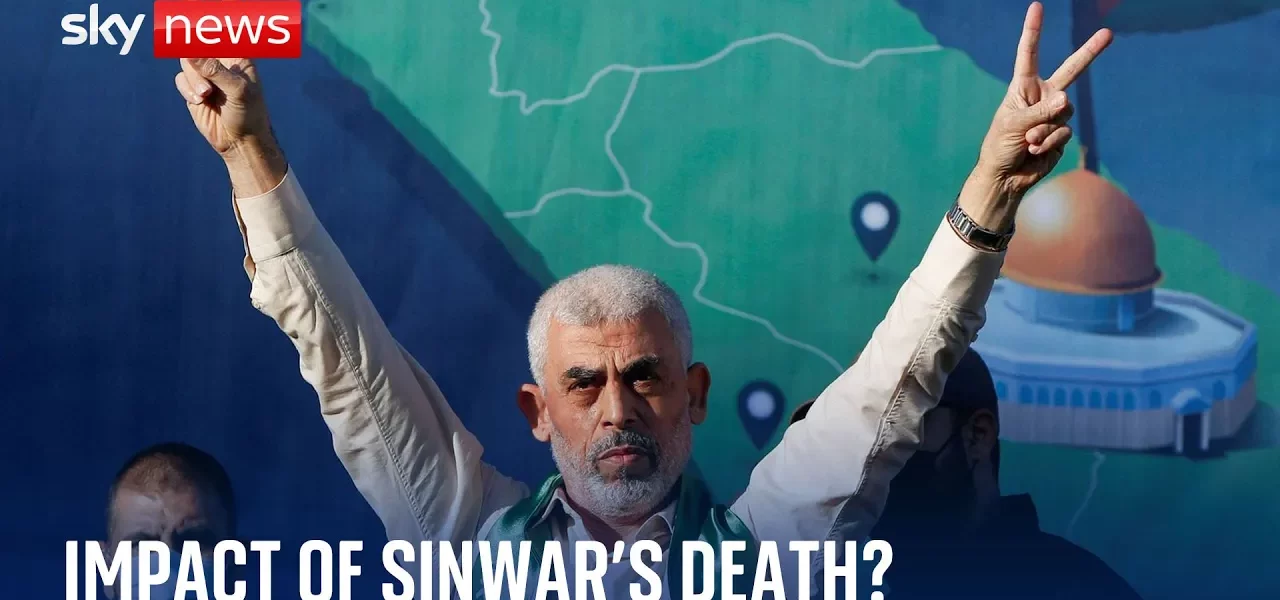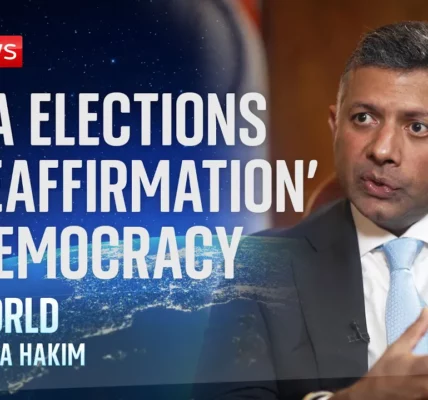The Impact of Yaya Sima’s Death on Israel’s Hostages and the Ongoing Conflict

This article provides a comprehensive examination of the recent developments following the death of Yaya Sima, a key figure in Hamas, and its implications for the hostages held by the group. We explore the reactions from relatives, the strategic consequences for both Hamas and Israel, and the ongoing challenges in the region.
Introduction
The conflict between Israel and Hamas has seen significant escalations, particularly following the events of October 7th, which marked a turning point in the hostilities. The recent reports of Yaya Sima’s death, a mastermind behind the capture of numerous Israelis, have elicited mixed reactions among the relatives of hostages and their supporters. Despite the apparent strategic victory for Israel, many fear that this development may complicate efforts to secure the release of hostages, raising concerns about the future of peace and security in the region.
Reactions to Yaya Sima’s Death
The atmosphere among the relatives of Israel’s hostages is one of anxiety and trepidation. Rather than jubilation, there is a sense of dread about the implications of Sima’s death.
Fear of Complications in Hostage Situations
Many family members have expressed their fears that the power vacuum left by Sima could make negotiations for hostage release more precarious. As one relative noted:
- “I’m even more scared now that we won’t get anybody back.” – This sentiment reflects the uncertainty surrounding the leadership dynamics within Hamas post-Sima.
- With no central leadership, individual commanders may act independently, potentially jeopardizing the safety of hostages.
The Reaction from Supporters and Analysts
Supporters of the hostages and analysts have pointed out that the death of a key figure in Hamas may complicate the situation further:
- Increased tensions among Hamas factions.
- Potential for escalation in violence as leaders vie for power.
- Heightened risks for hostages as the group navigates internal conflicts.
Strategic Implications for Israel
The Israeli government views the death of Yaya Sima as a significant achievement in its ongoing campaign against Hamas. As Israel’s Prime Minister Benjamin Netanyahu has stated, the goal remains total victory over Hamas.
Decapitating Hamas Leadership
Israel has successfully targeted several high-ranking Hamas officials in recent months, which has been described as a part of its strategy to diminish the group’s operational capabilities:
- Salah al-Arari – Killed in a drone strike in January.
- Muhammad Deif – Alleged planner of the October 7th attacks, reportedly killed in Gaza.
- Ismail Haniyeh – Assassinated in Tehran in July.
The Future of Hamas
Despite these losses, the resilience of Hamas over decades indicates that the group may continue to adapt and rebuild:
- Historical context shows that Hamas has consistently been able to recover from leadership losses.
- The ongoing guerrilla warfare tactics are likely to persist despite the setbacks.
The Path Forward for Negotiations
As tensions escalate, the pressure mounts on Israeli leadership to consider negotiations for the hostages’ release. International stakeholders, particularly the United States, are likely to play a significant role in mediating any potential agreements.
Balancing Military Actions and Diplomatic Efforts
Netanyahu faces a critical juncture:
- Maintain military pressure on Hamas.
- Address international calls for a humanitarian approach regarding hostages.
- Navigate domestic political pressures while pursuing a resolution to the conflict.
Hope Amid Uncertainty
Despite the grim outlook, there remains a glimmer of hope that these developments could lead to a broader resolution of the ongoing conflict:
- The potential for reduced hostilities if effective negotiations can be established.
- The possibility of new leadership dynamics within Hamas leading to different approaches to conflict resolution.
Conclusion
The death of Yaya Sima marks a pivotal moment in the Israeli-Hamas conflict, presenting both opportunities and challenges. While Israel celebrates a strategic victory, the complexities surrounding the fate of hostages and the future of Hamas cannot be overlooked. The coming weeks and months will be crucial in determining the direction of the conflict and the potential for lasting peace. For those invested in the resolution of this humanitarian crisis, it is imperative to remain engaged and informed about the developments on the ground.
To stay updated on the ongoing situation, consider exploring our related articles on the Israeli-Palestinian conflict and recent developments in Middle Eastern geopolitics.
“`




